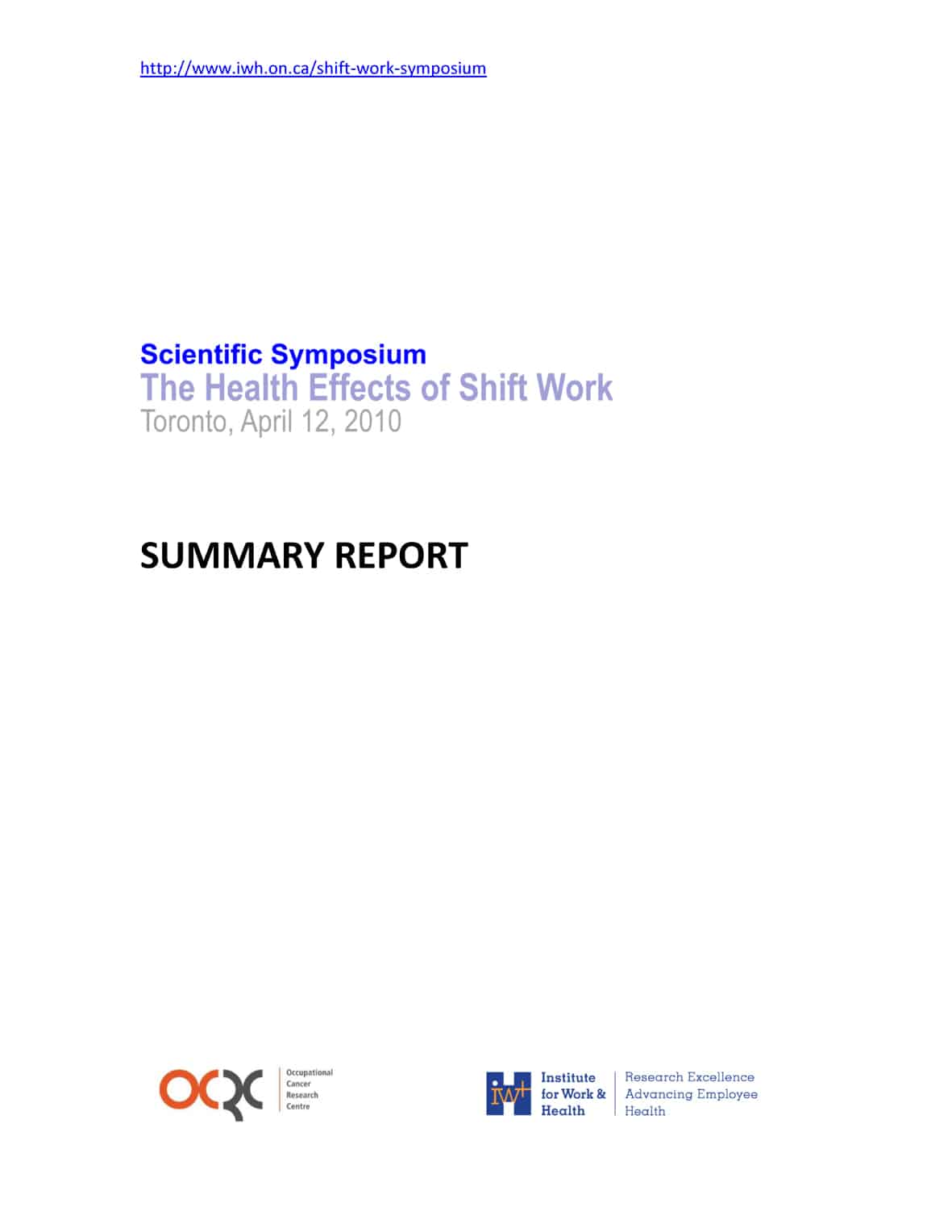 A scientific symposium held in Canada in April 2010 has raised some serious concerns about the health impacts of shift work. Some of the evidence has existed for a while but collecting it all together makes one wonder how companies can justify shift work in the face of such high risks to workers’ health.
A scientific symposium held in Canada in April 2010 has raised some serious concerns about the health impacts of shift work. Some of the evidence has existed for a while but collecting it all together makes one wonder how companies can justify shift work in the face of such high risks to workers’ health.
From the evidence presented at the symposium, workers will be tired at work when working shift work and are more likely to be injured than those on day shift. Some workers have an increased risk of breast cancer. Foetal growth in some pregnant women may be impeded. Circadian disruption may encourage the growth of tumours and an international agency is convinced sufficiently of the risks to determine that shift work itself is probably carcinogenic.
The Occupational Cancer Research Centre and the Institute for Work & Health should be applauded for making the evidence presented at the symposium publicly accessible. Continue reading “Shift work research findings are grounds for big concern”
